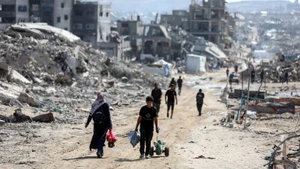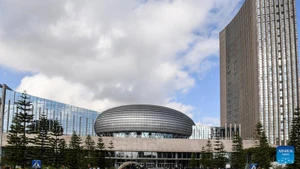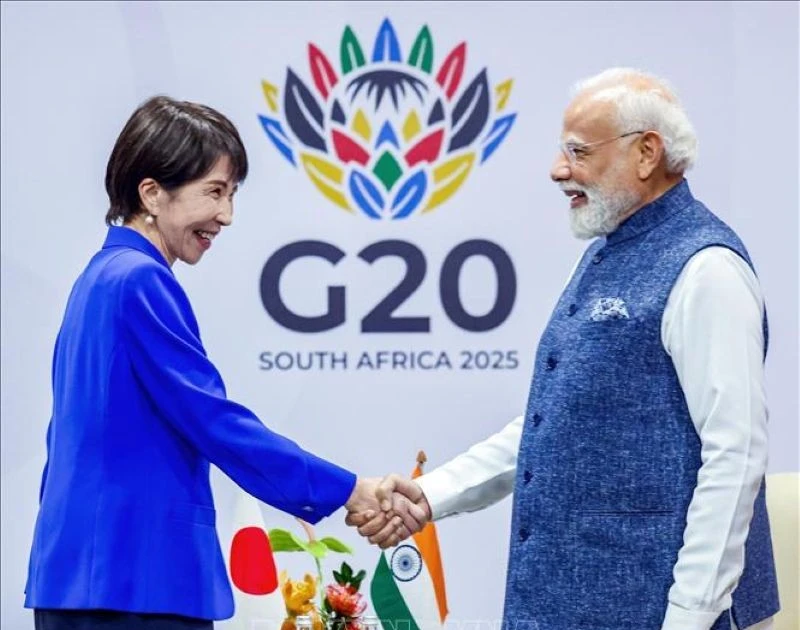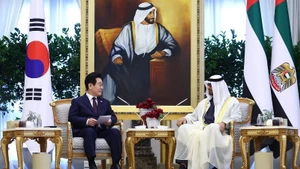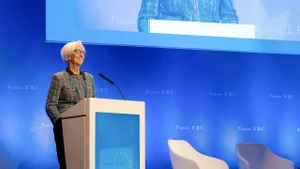The "super-election" day in Mexico attracted special attention from public opinion because this was the first time central and local elections were held simultaneously in all 32 states.
A record number of nearly 100 million people will vote for the next president, the 628 seats in the House of Representatives and Senate, and about 20,000 leadership positions at all levels.
Currently, the two leading candidates, who are closely pursuing in the race to be the president, are Claudia Sheinbaum of the ruling Morena party and opposition competitor Xochitl Galvez.
Analysts say that the candidates' views on hot issues that voters care about such as migration, the economy, organised crime are important factors in deciding who will be the next Mexican President. No matter who wins, the next president of this country of nearly 130 million people will have to face many storms to steer the country on the path of development.
One of the issues that most worries Mexican voters is the growing strength of criminal gangs, causing more than 450,000 deaths and tens of thousands of people missing since 2006, while also causing negatively affects people's lives.
The wave of violence also spread even during the organisation of this year's general election. Dozens of candidates were murdered. The Mexican government was forced to mobilise nearly 3,000 soldiers to protect candidates and election officials. Just days before the general election, an unprecedented incident occurred when more than 2,000 ballots were stolen in the central city of Puebla. According to security officials, it is because drug gangs are trying to influence the election.
In addition, the migrant crisis is also a challenge, potentially influencing the results of the general election. The United Nations High Commissioner for Refugees (UNHCR) said that more than 140,000 migrants will seek asylum in Mexico in 2023, not including hundreds of thousands of people transiting the country to enter the US. These figures place Mexico among the five countries with the highest number of new asylum applications globally.
In addition to the wave of migration from Central America and South America, Mexico's National Migration Institute warned that the number of illegal migrants from Asia and Africa to Mexico has doubled since the beginning of 2024.
The general election in Mexico also attracts special attention from both the region and the world.
The economy is also one of the top concerns of Mexicans. Despite positive growth in 2023, the Mexican economy still faces major challenges. Recently, the International Monetary Fund (IMF) lowered its economic growth forecast for Mexico to 2.4% this year and 1.4% in 2025. According to the IMF, the forecast adjustment is due to stagnant production activities and a decline in macroeconomic indicators since the fourth quarter of 2023.
The Mexican Institute of Finance Executives (IMEF) also warned that the country will face the biggest financial challenges since the 1980s, especially when economic growth shows signs of deceleration.
Steering the country through economic difficulties has become a heavy duty on the shoulders of Mexico's leadership in the next term.
The general election in Mexico also attracts special attention from both the region and the world. For the US, cooperation with Mexico plays an important role in efforts to resolve illegal migration. Mexico is also a major export market for US goods.
Meanwhile, Mexico is also one of the European Union (EU)’s two strategic partners in Latin America. The European Parliament emphasised that the EU expects to work with Mexico's new leaders to soon complete the modernisation of the EU-Mexico Trade Agreement, which the two sides have been negotiating for many years.
Despite many challenges, Mexico has reaped many important achievements in socio-economic development. Mexican people expect that the new generation of leaders will continue to lead the country to overcome difficulties and continue to develop.







